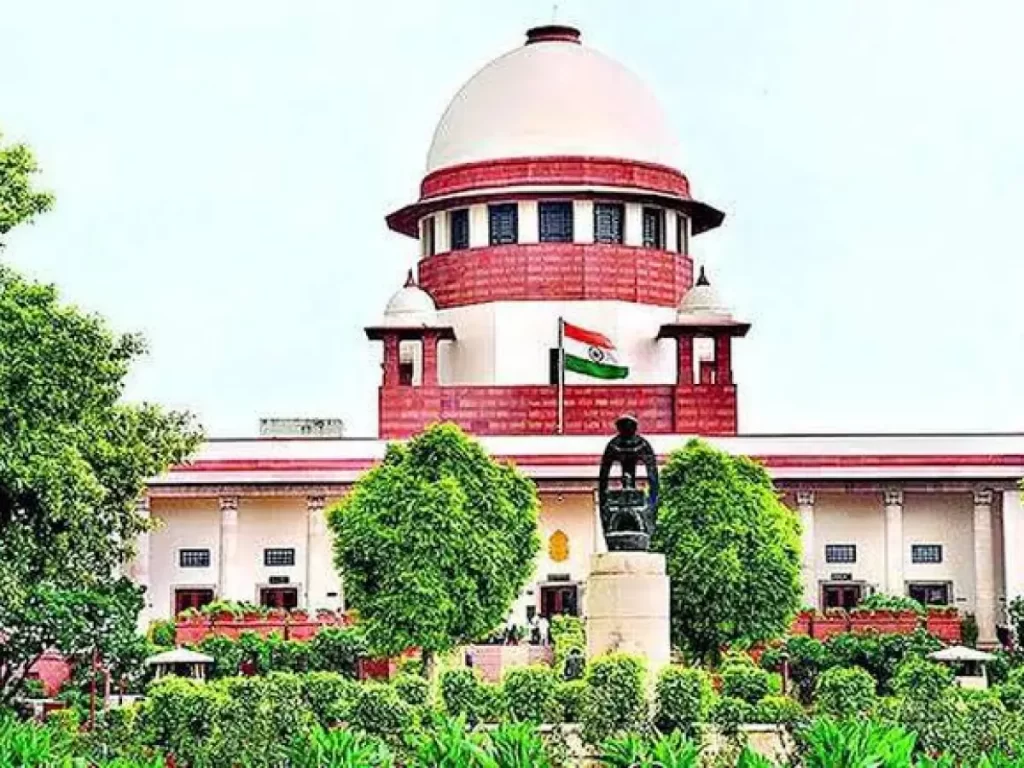The Supreme Court of India is scheduled to hear a petition filed by the National Board of Examinations (NBE) concerning the conduct of the NEET PG (National Eligibility cum Entrance Test for Postgraduate) exam on August 3, 2025. This issue has become a major point of interest among medical students, educational institutions, and policymakers, given NEET PG’s crucial role in postgraduate medical admissions throughout the country.
The NBE had announced August 3 as the date for NEET PG 2025, a move that has been met with opposition and legal challenges from various stakeholders. Several student organizations and some state governments have approached the judiciary, expressing concerns related to the timing of the exam, preparation time for candidates, and conflicts with other academic schedules. The Supreme Court’s upcoming hearing is expected to determine whether the exam will take place as planned or if a postponement will be ordered.
NEET PG serves as the primary examination for admission into postgraduate medical courses across India and is among the most competitive entrance tests in the country. The scheduling of this examination is therefore of national significance, influencing the academic trajectory of medical graduates as well as the operation of medical colleges.
In its plea, the NBE has stressed the importance of holding the exam on the proposed date to ensure that the academic calendar is not disrupted and to avoid delays in the admission cycle and subsequent medical recruitments. The Board also pointed to its readiness and the arrangements made to conduct the exam smoothly.
On the other hand, petitioners have raised objections about the limited notice period and the short preparation window available to candidates, urging the court to consider a deferment to enable adequate preparation and reduce candidate stress. Certain states have also pointed out scheduling conflicts with their own medical admissions processes.
Legal analysts anticipate that the Supreme Court will carefully weigh the administrative requirements alongside the interests of the candidates. The court may also refer to earlier cases concerning NEET PG exam scheduling to inform its decision.
With the hearing date approaching, medical aspirants are eagerly awaiting the court’s ruling, hoping for a fair and timely resolution. The outcome will not only impact this year’s examination but could also influence future policies regarding exam scheduling.
In summary, the Supreme Court’s decision on the NBE’s plea is expected to have significant consequences for India’s medical education system. It will set a precedent on how similar issues are addressed going forward, affecting students, institutions, and the healthcare sector at large.



